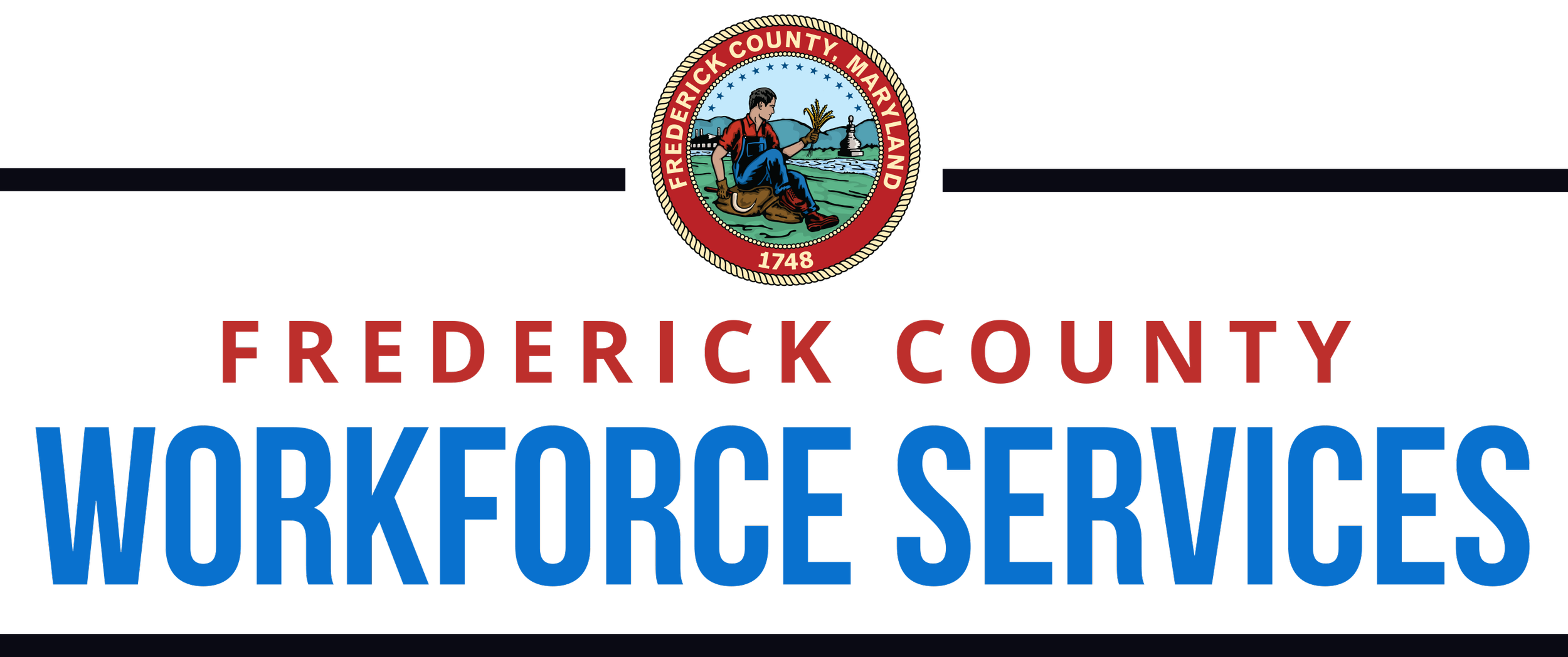The Top 10 Skills Every Employer Wants, No Matter the Job
By Mark Tumulty, CPRW, Employment and Training Consultant
Whether you're applying for a new job or looking to advance in your career, there are certain skills that every employer values across every industry. They're universal strengths that make you a great team member, problem-solver, and professional.
Here are the top 10 skills that can help you stand out in any workplace:
1. Communication
Being able to speak, write, and listen is essential. It helps you collaborate, avoid misunderstandings, and build trust. Strong communication skills are highly valued in the workplace, facilitating teamwork, problem-solving, and customer interactions. Effective communication helps build stronger, more meaningful professional relationships. Developing communication skills can boost confidence, improve self-awareness, and enhance overall personal development.
2. Teamwork
Most jobs require working with others. Being respectful, reliable, and open to feedback makes you someone people want to work with. Clearly expressing ideas, actively listening to others, and providing constructive feedback are vital for effective teamwork. Valuing individual differences, appreciating diverse perspectives, and treating all team members with respect are crucial for building trust and cohesion.
3. Time Management
Employers appreciate people who can meet deadlines, stay organized, and manage their tasks without constant reminders. Prioritize your goals by identifying and focusing on the most important tasks based on urgency and importance. Create schedules and timelines to allocate time effectively for different tasks.
4. Adaptability
Be ready to change for new policies, new technology, new roles. Being flexible and open-minded shows you're ready for anything. Adaptable individuals are quick to grasp new tools and integrate them into their workflow. They are open to constructive criticism and see it as an opportunity for growth.
5. Problem Solving
Every workplace runs into issues. Employers want people who don’t just point out problems, but help solve them. Brainstorming, considering different perspectives, and developing creative solutions are essential. Choosing the best solution and taking action, while also monitoring its effectiveness and adjusting as needed.
6. Work Ethic
Showing up on time, staying focused, and taking pride in your work goes a long way. Employers notice who puts in the effort. Taking ownership of tasks, proactively addressing challenges, and seeing projects through to completion are signs of a strong work ethic. Consistently meeting deadlines and arriving on time demonstrates dependability and respect for others' time.
7. Professionalism
This includes how you dress, how you speak, and how you treat others. A positive, respectful attitude never goes out of style. Acting with honesty, transparency, and ethical behavior is fundamental to professionalism. Treating colleagues, clients, and supervisors with respect and courtesy is vital.
8. Digital Literacy
Basic tech skills like using email, video calls, and spreadsheets are now essential in nearly every job, even non-office ones. Familiarize yourself with how to use devices, navigate user interfaces, and find information using search engines and other tools. Be aware of online safety, privacy, and the impact of technology on society. Being proficient in digital literacy can enhance job opportunities and career advancement
9. Leadership
You don’t have to be a manager to show leadership. Taking initiative, helping others, and being dependable are all leadership qualities. Utilize your skills by helping others work toward a common goal by blending interpersonal skills, strategic thinking, and decision-making. Leaders are skilled at identifying and resolving challenges, often through creative and strategic thinking. A leader maintains strong emotional intelligence by understanding and managing one’s own emotions, empathizing with others to build strong relationships, and fostering a positive work environment.
10. Willingness to Learn
It’s impossible to know everything. Employers value people who ask questions, seek feedback, and have a desire for growth. It reflects a proactive attitude towards self-improvement and a commitment to staying relevant in one's field. Communicate your learning journey to others, whether it's through presentations, reports, or informal discussions. Regularly assess your learning and identify areas where you can improve further.
Focus on these ten areas, and you’ll be prepared to thrive in any job, now and in the future.
Visit the Frederick County Labor Market Dashboard for valuable insights that helps job seekers explore career opportunities, self-sufficient wages, transferable skills, training areas, and more.
